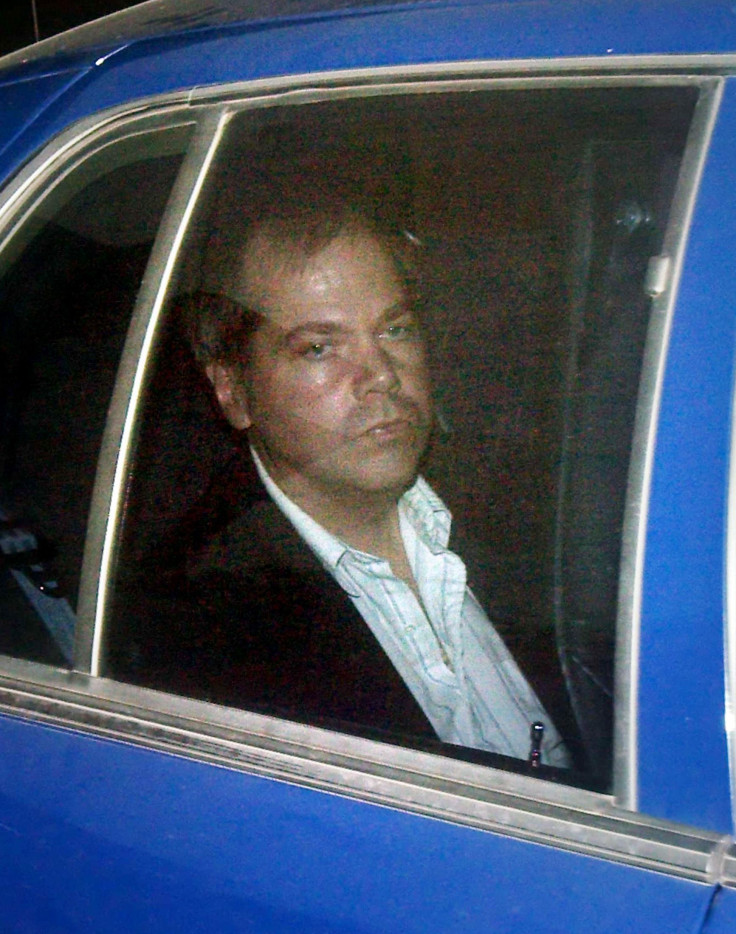Lawyer, Prosecutors Clash Over Reagan Shooter's Release

The man who shot President Ronald Reagan in 1981 should be released from a mental hospital, his lawyer argued in federal court on Tuesday, while prosecutors said he should only be freed under tight restrictions.
John Hinckley Jr., who shot Reagan and three others, no longer suffers from the personality disorder that led him to try to kill the president, his attorney Barry Levine said during final arguments of a hearing in U.S. District Court.
"Every witness agrees that the risk of danger is decidedly low," Levine told U.S. District Judge Paul Friedman.
Hinckley, who turns 60 this month, spends 17 days a month at his mother's home in Williamsburg, Virginia. He spends the rest of the time at Saint Elizabeths Hospital in Washington, where he was institutionalized in 1982 after a jury found him not guilty by reason of insanity.
He and his attorneys have asked Friedman to allow him to be released permanently. They based their plea largely on testimony from Saint Elizabeths doctors who said Hinckley's depression and narcissism were in remission, meaning he no longer is a danger to society.
Hinckley regrets the shooting and complied with "99 percent" of the conditions required by the court when he stays at his 89-year-old mother's house, Levine said.
Justice Department attorneys told Friedman that if Hinckley were released, it should be only under tight restrictions monitored by the Secret Service.
The restrictions should include satellite monitoring devices on his cell phone, car and an ankle bracelet, the prosecutors say. He should not be allowed to travel alone more than 30 miles (48 km) from Williamsburg, and he should be ordered to stay away from politicians and celebrities.
His Internet use should be monitored and he should notify the Secret Service of his daily itinerary. If he violates any of the conditions, he could be forced to return to Saint Elizabeths.
"He is still mentally ill," said Assistant U.S. Attorney Colleen Kennedy. "He will always suffer from a personality disorder."
Hinckley, now gray haired, sat quietly next to his lawyers during the hearing. He was 25 when he wounded Reagan, White House press secretary James Brady, a Secret Service agent and a police officer.
Friedman did not say when he would rule on Hinckley's request.
© Copyright IBTimes 2024. All rights reserved.











